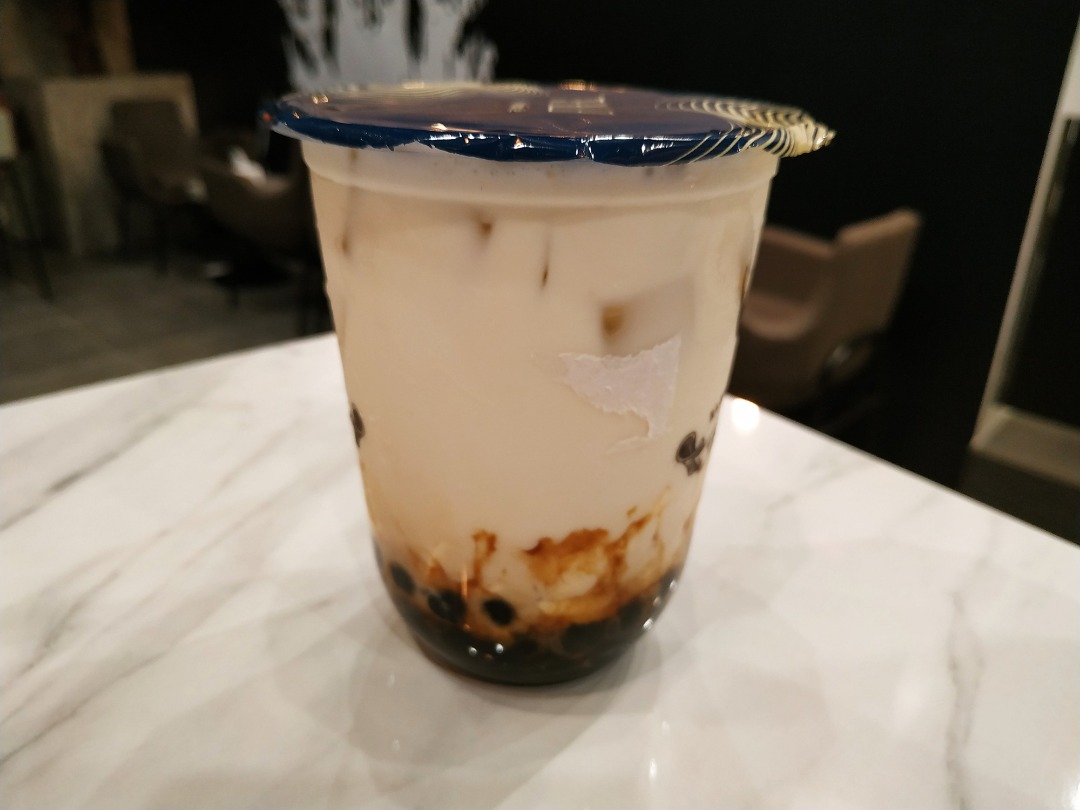KUALA LUMPUR, Dec 18 — Only four bubble tea companies in Malaysia are halal-certified, the Prime Minister’s Office (PMO) said, but this doesn’t mean Muslims can’t consume the sweet beverage.
PMO said that vendors of the 1980s Taiwanese tea-based drink, also known as boba, which lack halal certification could still be halal as bubble tea is not a brand, but a product.
“There are some products with no SPHM (halal certification from Malaysia) as is the case with some bubble tea products, but it does not mean it is not halal.
“It only means that it has not been halal-certified,” the PMO said in a written parliamentary reply to Senator John Ambrose in the Dewan Negara last Monday.
“If the bubble tea product is produced with ingredients that have been certified as halal, or which has halal certification, as well as fulfils the conditions and follows all the required procedures to be halal-certified, it is eligible to be halal-certified,” it added.
Bubble tea has become popular among Malaysians in recent months, with multiple brands mushrooming in areas such as SS15 in Subang Jaya.
It is known as boba for its trademark chewy tapioca balls known as “pearls” or boba. The drink has tea, milk or sugar, and includes various toppings such as fruit jelly or grass jelly, with ice-blended and dairy-free versions available as well.
The drink is infamously known for its sugar content though: on average, a cup of bubble tea contains 20 teaspoons of sugar — although customers can customise their drinks and make it less sweet.
PMO said the Department of Islamic Development or Jakim, which is parked under the Department of Religious Affairs in PMO, welcomes industry players to apply for halal certification in Malaysia to avoid any confusion about whether a product or premise is halal, in response to a query by Senator John.
It also said that consumers have to be wise in selecting food and drinks in the market or at food premises that have been halal-certified by the relevant authorities, as well as Jakim.
It added that consumers who wish to know whether a product or food premises is halal-certified in Malaysia can visit the halal Malaysia portal at www.halal.gov.my.
Checks can also be done on the smartphone app, Verify Halal, it said.
Meanwhile, to Senator Ambrose’s question on what are the health effects of drinking bubble tea, the PMO said that is for the Ministry of Health to answer as the issue is under their purview.
Deputy Health Minister Dr Lee Boon Chye, in July, reportedly said bubble tea consumption in the country was not a big concern, but warned that people should not consume too much bubble tea.









